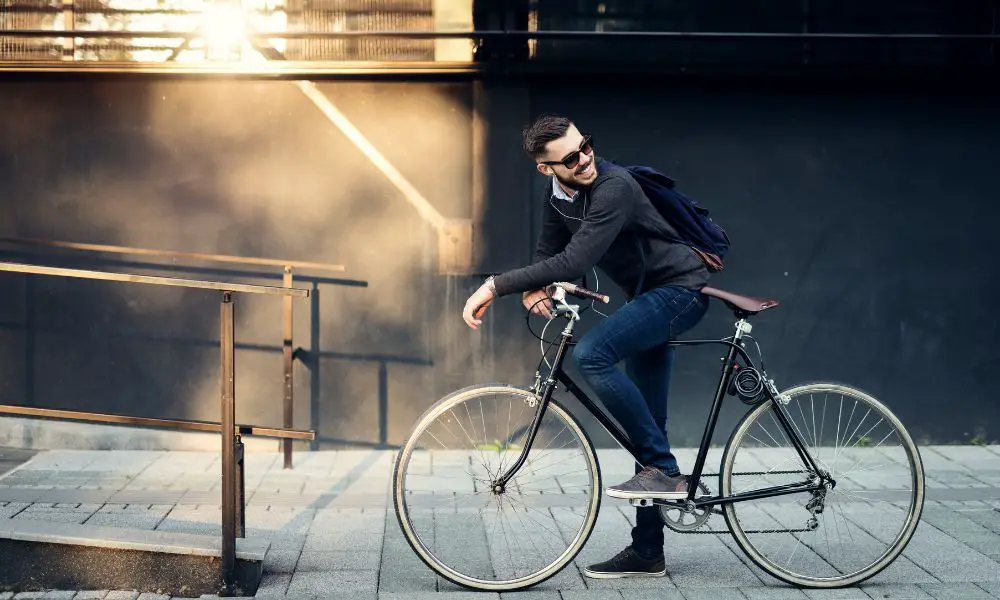

In an era where concerns over environmental degradation, public health, and urban congestion are increasing in urban planning discussions, innovative solutions are more important than ever. One such solution is the bicycle, an overlooked yet effective tool in addressing these issues.
With its zero-emissions mode of transportation and the health benefits it provides riders, the bicycle stands as a symbol of sustainability and efficiency. These strategies to make a city more bike friendly will help city planners and policymakers transform cities to make them more bike inclusive.
Central to any bike-friendly city are dedicated bike lanes, bike racks, and repair stations. These facilities add to cyclists’ convenience and ensure the safety and well-being of the riders for a more pleasant experience. Clear signage and street markings can help guide cyclists and alert motorists, reducing the chances of accidents.
Bike-sharing systems are a fantastic way to promote cycling without requiring individuals to own and maintain a bike. These programs, if widely available and affordable, can encourage many people to opt for cycling over other modes of transport. This strategy promotes a more active lifestyle, reducing health problems and making a city more attractive.
One of the factors that contribute to bike theft is the lack of secure and convenient bike parking facilities. Improving security measures such as installing surveillance cameras and offering secure bike lockers can help protect bicycles and make people more comfortable using their bikes in the city. This will encourage more bike users to rely on this mode of transportation daily.
Community engagement plays a pivotal role in creating a bike-friendly environment. Hosting events like bike rides, safety workshops, and cyclist get-togethers can foster an inclusive cycling culture. These programs can also help raise awareness about the benefits of cycling, persuading more people to take up the activity.
To truly transform a city into a bike-friendly haven, cycling needs to be one of the main focuses in the urban planning framework. This means creating residential areas, commercial zones, and recreational spaces within cycling distance to minimize reliance on automobiles. A well-planned city will work cohesively toward a greener future.
Making a city more bike friendly is necessary. It promotes healthier lifestyles, reduces carbon emissions, and fosters a sense of community among city dwellers. By implementing these strategies, transforming a city into a sustainable, livable, and dynamic space is possible.
Discover the incredible teamwork of bees and how their collaboration sustains ecosystems. Learn how we…
A night out at a top-notch bar with an incredible view can be an unforgettable…
Learn the critical safety features every go-kart track needs. From barriers to emergency solutions, these…
Wooden pallets are essential for efficient logistics. Learn how to ensure safe transport and storage…
Discover five warning signs that indicate it’s time to replace your car. From repair costs…
Having PPE on hand isn’t enough to protect your team. Learn how to enhance safety…